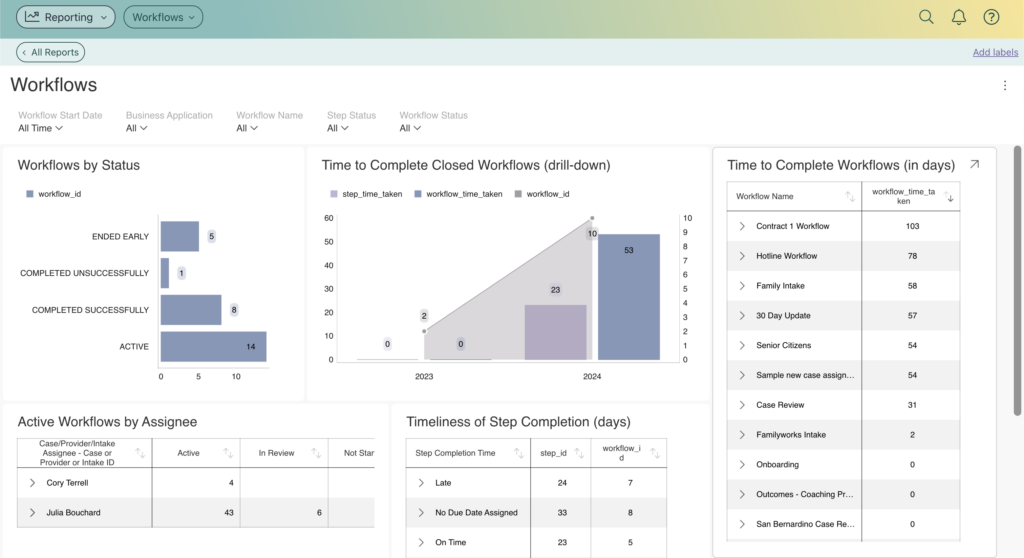The Costs of Having the Wrong Software Management System
In the human service field today, it goes without saying that electric records are a necessity. Paper record-keeping is antiquated and runs the risk for lost or misplaced records and risks for privacy breaches. Furthermore, electronic records are being required by an increasing number of agencies and some federal legislation. It’s certainly best practice to transition to an electronic management software if you have not already, but the type of software that you choose matters significantly. In many instances, the wrong software can be costly and could present more harm than good.
Here are some of the Costs of Having the Wrong Software Management System:
1. It’s Time Consuming
There are many running jokes about social workers and paperwork. A brief look at any social media page for social workers will attest to that fact. Completing paperwork and notes is perhaps the top complaint for most social workers and direct service workers. They express frustration with the amount of time that it takes to complete paperwork and having an unreliable or glitchy Software Management System will only add to the problem. You want an effective software that is streamlined to improve efficiency and that will make your workers happy.
2. You Could Miss Important Client Data
One of the biggest risks of having the wrong Software Management System is the potential liability costs for your workers and your organization. Some human error is inevitable in record-keeping. Workers gather lots of information when working with clients and it can be hard to decipher what to include in the record; this is especially true with newer service workers and when working complex cases. A good Software Management System, however, will factor in human error and reduce risk by prompting workers to include relevant information in every note. If a worker completed a safety plan for a client for example, the right software should prompt them to enter the assessment and the plan. This creates a record of critical data that would be needed if your worker or organization is ever called into court and a simple verbal testimony will not suffice. One of the most popular sayings in the social work field is that “If it wasn’t documented, it did not happen!”
3.Burnout & Turnover
Burnout is one of the primary reasons that social workers leave their jobs and/or the profession. Navigating the work with clients is difficult enough; a good software management system should support workers & streamline their workflow making their job easier, not add to the challenges. When workers can complete their paperwork in a more time-efficient manner, they’re able to attain better work-life balance and risk their risk for burnout or turnover. The ‘dirty secret’ of social workers using vacation days to catch up on notes therefore should not exist. When organizations have more manageable processes in place, workers should be able to separate from their work and use their vacation time to actually refresh and take care of themselves. Doing so will help them to become better social workers in the long run and increase their longevity in this demanding field.
Conclusion:
When I first started as a social worker, I was told that you could either be great with clients or great with paperwork, but not both. I challenge that assumption. Having a smart Software Management System, such as Casebook, works to simplify processes, improves organizations, and helps workers to excel at all areas of their job.



